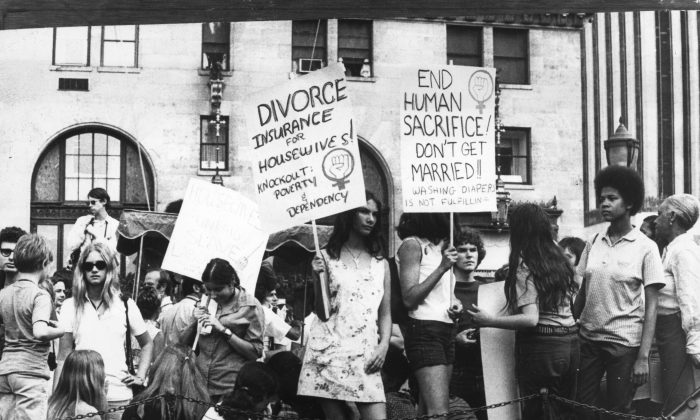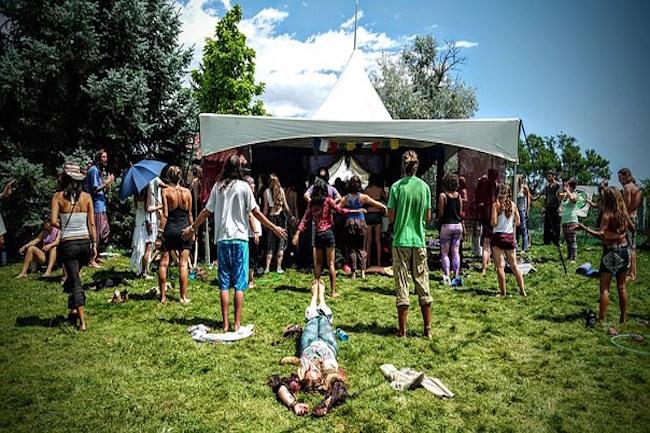Children of the Great Scattering: Life After the Sexual Revolution by Paul Adams for The Epoch Times
GNN Note – Yet, more evidence supporting the “Essence of Collapse” idea.
Commentary
Like fools, we rushed in. I came of age politically in the 1960s, earned my doctorate in the 1970s, and taught social work students (mostly at masters and doctoral level) until retiring in 2011.
In the first period of the sexual revolution, my students and I mostly celebrated the revolution as a period of liberation for adults, especially women, from the constraints of tradition, law, and custom.

Insofar as we considered at all the impacts of the revolution on children, families, and communities, we minimized them or saw them as beneficial. Easy divorcewould free children from having to grow up in loveless, conflict-ridden families. Thanks to the pill and abortion, all children would be “wanted.” Children would be freed from the stigma of their parents’ divorce or their mothers’ unmarried status, cohabitation with an unrelated man, or other nontraditional family structures.
We didn’t consider seriously the coming drop in fertility and the shrinkage of families. What was the impact on children to spend, as half of them now do, at least some of their childhood without one or both biological parents? What was the social impact of fatherlessness, of growing up with few or no siblings, of having few cousins, aunts, uncles, or little involvement of the father’s side of the family?
Sometimes, especially at the end of the 20th century, a family scholar sounded the alarm, but far too few of us seriously examined these questions.
Denial
These issues go to the heart of almost every social problem social workers address. Yet my students and I had difficulty discussing them frankly, no doubt in part because many or most of us were directly affected by them in a world of divorce, premarital sex, cohabitation, and lone parenthood.
There was also concern that noticing the adverse outcomes in education, criminal justice involvement, employment, mental health, and just about every other social indicator, from fractured families and fatherless children would stigmatize single mothers, children born out of wedlock, and cohabiting couples.
So we talked, not about the family, but families, as if one kind of family structure was as good as another and it was discriminatory to say otherwise. We could call for more public resources to meet the needs of single mothers and their children and praise the heroic struggles made by such mothers, but not worry that such family structures themselves disadvantaged children or that the government was bankrolling and incentivizing them by substituting for the role of fathers as providers and protectors.




